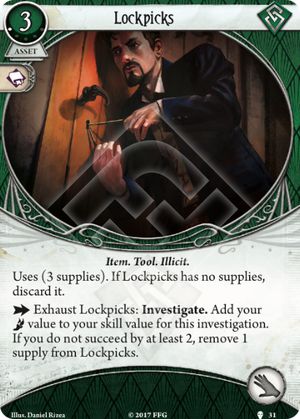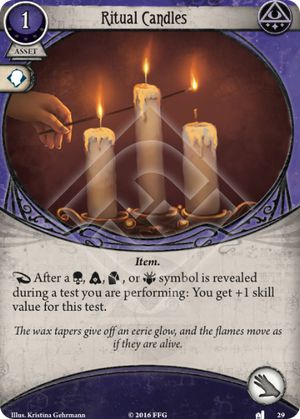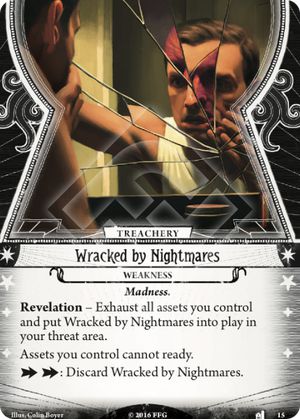
Three campaigns in, and Machete remains the best level 0 weapon in the game. At the very least, for all five Guardians presently in the game, it is the weapon of choice. It could cost 2 or 3 XP and it would still probably be worth buying. At 0 XP, it's a steal. Getting a weapon that deals +1 damage into play early is vital, and there's no better option than Machete.
Compared to .45 Automatic, .41 Derringer and the like, the fact that Machete doesn't have to deal with ammo is a gigantic advantage. One Machete can last you literally the entire game. These other weapons will run out of ammo after killing an average of about two monsters, which is nowhere near enough to last a scenario. There's no contest here.
Compared to Baseball Bat (also a great weapon), the fact that Machete doesn't break and only takes one hand slot gives it the clear edge, in my opinion, even for Yorick.
Compared to .32 Colt, the Machete's to-hit bonus just makes it better, as far I'm concerned, especially when the difficulty level goes up. Guardians will often want to run both, of course, but there's no doubt which of the two I'd rather draw in the vast majority of situations.
Fire Axe may be better for investigators with very low Combat, like Wendy or Rex, who nonetheless want to fight with Combat. But for investigators with decent or better Combat, Machete will deal 2 damage much more efficiently and consistently.
As for Machete's "only engaged with one enemy" drawback, I don't see this as that big a deal. In solo play, enemies most often come at you one at at time anyway. In multiplayer, you can usually coordinate with your teammates such that the Machete wielder is only engaged to one enemy at a time.
Furthermore, if you are absolutely swarmed by enemies, the Machete still isn't necessarily worse than its competition. Will a .45 Automatic be better if you're fighting a bunch of enemies? Hardly, as it'll just run out of ammo.
Extra-damage effects like Vicious Blow, Beat Cop, and Zoey's Cross are also helpful for circumventing Machete's drawback, as if you are fighting two enemies you can use these to rapidly dispatch one, and then unleash the full force of Machete on the other.
Yes, there are occasional enemies, like Poltergeist and Conglomeration of Spheres, against which Machete doesn't work or doesn't work well. But so what? In the grand scheme of things, these enemies are relatively uncommon. The fact that the Machete isn't absolutely perfect isn't much of a criticism against it. Against the vast majority of enemies in this game, it's dominant.




